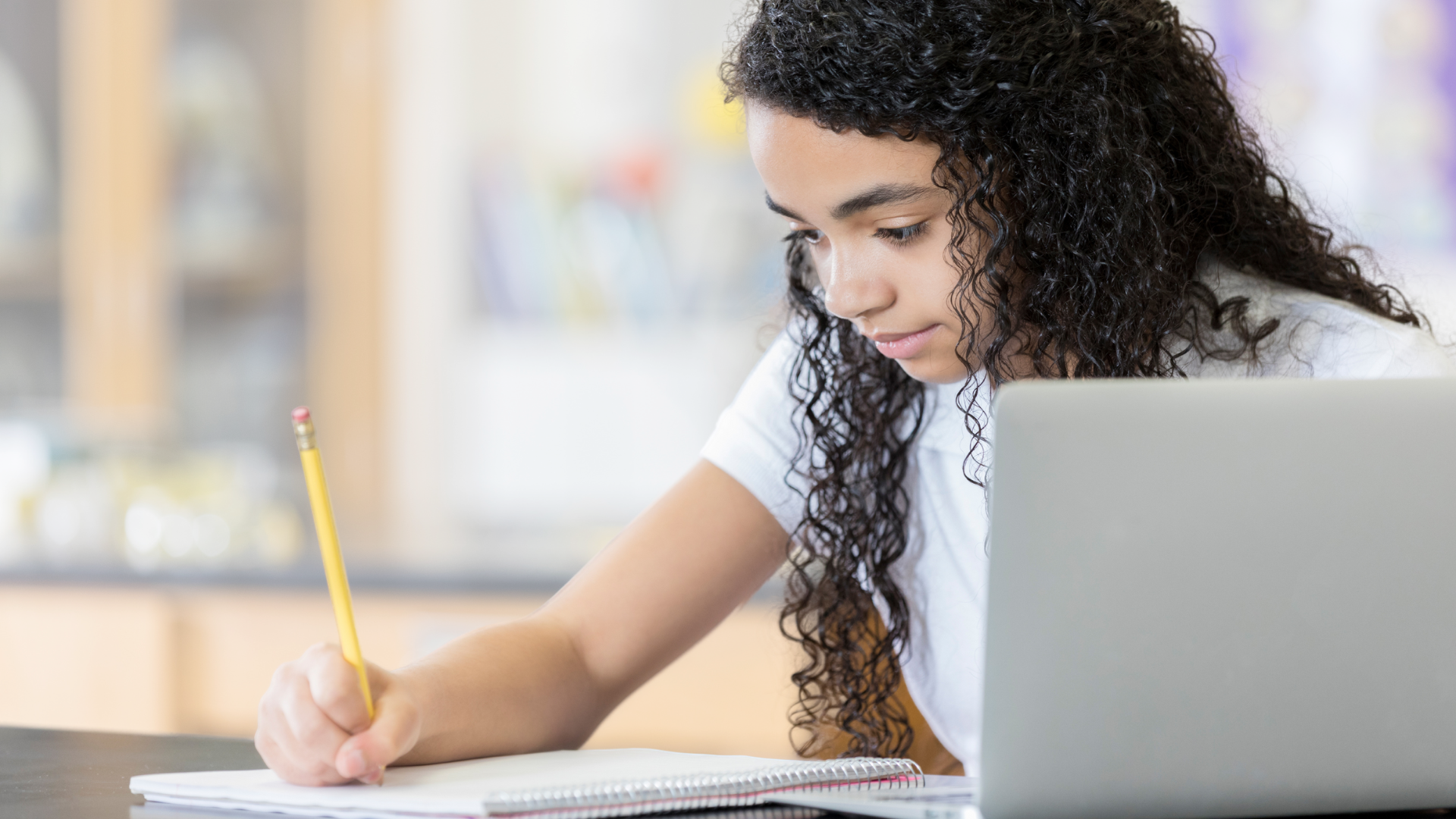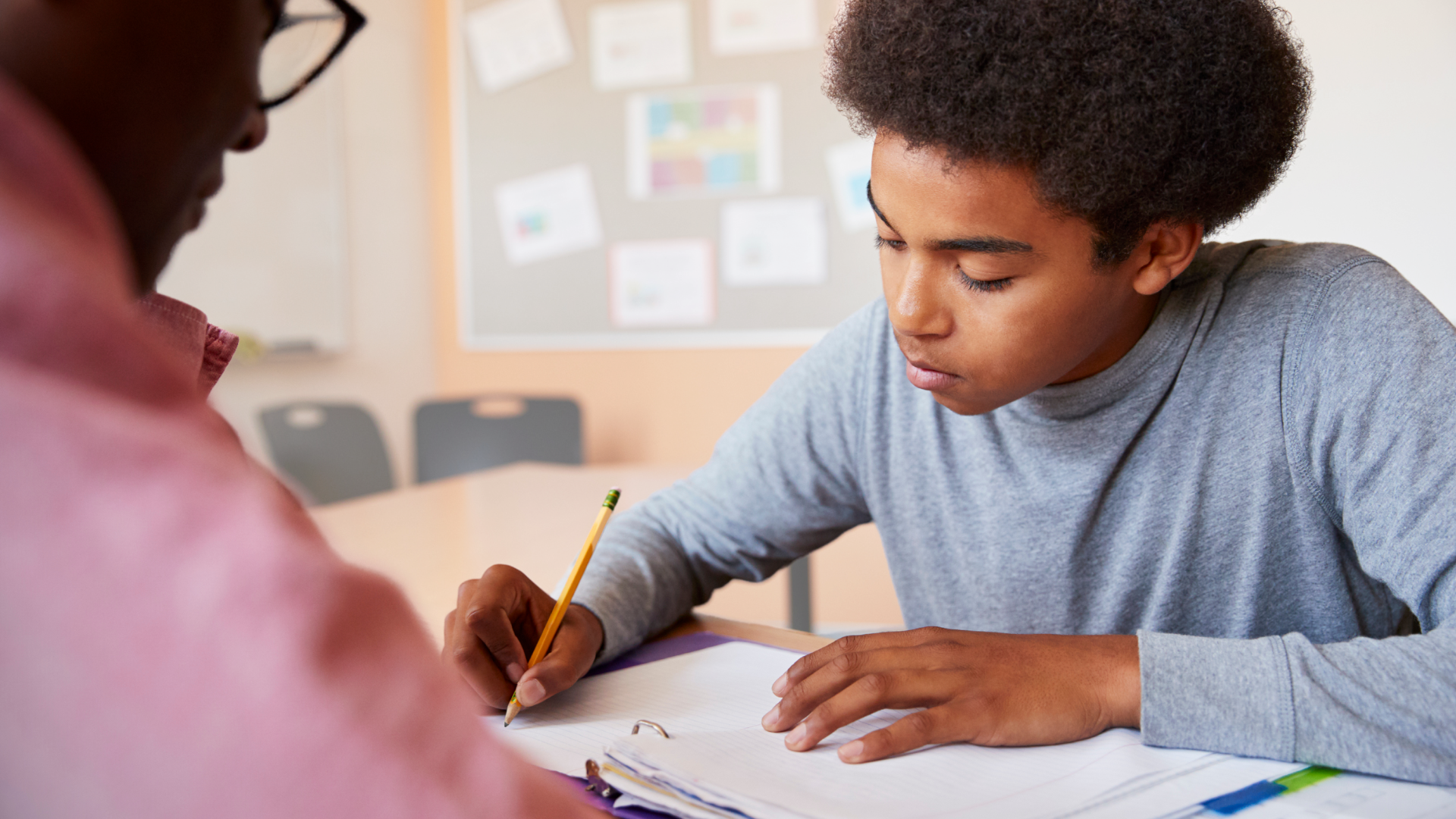5 Essential Skills for Achieving Success in Education
To create a thriving school environment, it’s crucial to focus on the essential skills that promote student engagement, well-being, and overall growth. These skills aim to foster a positive, supportive atmosphere where students feel connected, safe, and empowered to succeed—not just academically, but socially and emotionally as well. By cultivating relational, proactive, responsive, character-based, and mental health-focused practices, schools can ensure that every student is given the tools they need to thrive in and out of the classroom.
Here are five key skills and resources that can transform your school culture and help unlock student success.
1. Relational Practices: Building Connection and Belonging
The foundation of a successful learning environment starts with strong relationships. Relational practices focus on creating genuine connections between students, educators, and the school community. This sense of belonging is crucial for student engagement and overall success. Schools that prioritize relational practices see improvements in morale, reduced behavioral issues, and increased student participation.
By incorporating activities that promote empathy, collaboration, and open communication, schools can help students feel valued and understood. Whether it's through team-building exercises or open discussions, relational practices help foster a school culture where students feel supported and encouraged to be their authentic selves.
Pro Tip: Try using our Tier 1 Checklist to help guide your approach to relational practices. It’s packed with strategies to promote connection and belonging in the classroom.
2. Proactive Practices: Creating a Supportive and Predictable Environment
Predictability and structure are essential for creating a stable learning environment. Proactive practices involve setting clear expectations and routines that provide students with a sense of security. These strategies are designed to anticipate challenges and address them before they escalate.
By using proactive practices, schools can reduce disruptions, manage time more effectively, and create a positive atmosphere that supports both academic and personal growth. When students know what to expect, they feel more comfortable, focused, and ready to learn. This also allows educators to spend less time on classroom management and more time on instruction.
Pro Tip: The School Strategy Guide provides weekly strategies that foster routine and predictability. These simple, actionable steps help create low-burden, high-impact transformation in your daily work.
Access the School Strategy Guide
3. Responsive Practices: Addressing Student Behavior with Empathy
Even in the most supportive environments, behavioral challenges may arise. That’s where responsive practices come into play. These strategies focus on understanding the root causes of student behavior and responding with empathy, respect, and effectiveness.
Responsive practices are designed to address issues constructively, with the goal of fostering long-term positive behavioral change. When educators respond to behavior with compassion, they build trust with students, creating a safe space for learning and personal development.
Pro Tip: Use our CharacterDares from The LoHi Toolkit to integrate character development into your classroom. These resources help reinforce positive behavior and support emotional growth.
4. Education Podcasts – Gain Insights and Strategies On the Go
Podcasts are a valuable resource for educators looking to stay informed and inspired. They provide quick, digestible insights that can transform your daily practice and enhance your approach to school culture, mental health, and character development. Here are two must-listen podcasts that can support your growth as an educator:
-
The CharacterStrong Podcast – This podcast is a must-listen for educators who are passionate about fostering a positive school culture and developing students’ social-emotional and character skills. Each short, insightful episode features expert guests and education leaders who share practical strategies, inspiring stories, and research-backed insights. Tune in to discover new ways to enhance your teaching and build a strong, supportive school community.
-
The CS Weekly Podcast – If you're looking for quick, low-burden strategies that can make a big impact, this 2- to 3-minute podcast is perfect for you. Each episode provides actionable strategies to help you transform your daily work and improve student engagement and well-being.
5. Mental Health Literacy: Supporting Student Well-Being
Mental health is an integral part of student success, and educators must be equipped to understand and address mental health needs effectively. By improving mental health literacy, educators can better identify common challenges that impact behavior and engagement, allowing them to respond appropriately.
An understanding of mental health enables teachers to distinguish between everyday struggles and more serious concerns, ensuring students receive the right support when they need it most. A school culture that is compassionate, informed, and responsive to mental health needs creates an environment where all students can succeed academically and personally.
Pro Tip: Our Mental Health Literacy Guide helps educators understand mental health issues and provides practical strategies for supporting students in need.
Access Mental Health Literacy Guide
Creating a Thriving School Community
By embracing these five key skills, schools can unlock the potential for student success. These strategies help create a supportive, engaging, and predictable environment where students can thrive academically and emotionally.
With these tools, educators can take small, consistent steps toward meaningful change. Together, we can foster a school culture where every student feels valued, understood, and empowered to succeed.


